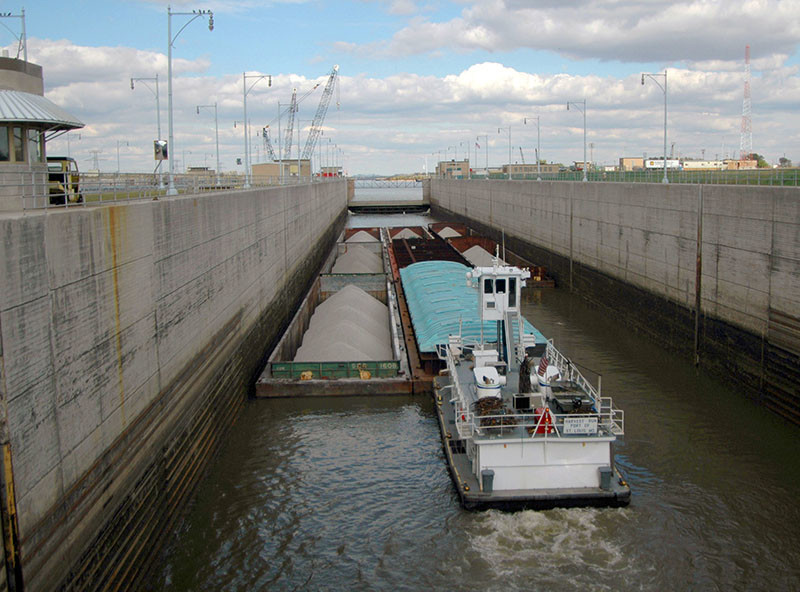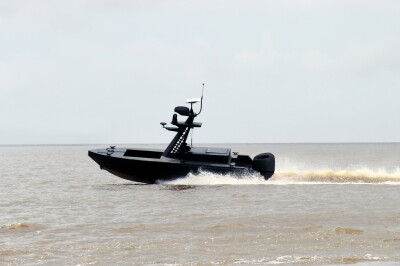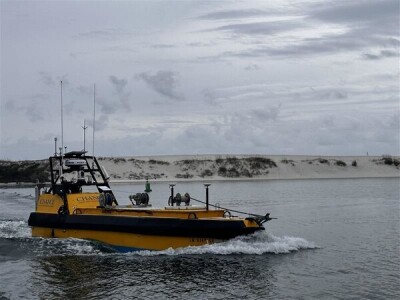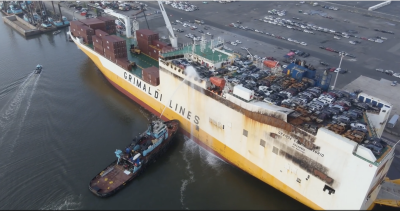In February, the Inland Waterways User Board, which for the past 35 years has been monitoring the Inland Waterways Trust Fund and advising the federal government on how best to use the Fund to improve the nation’s aging inland navigation system, quietly closed its doors and all its members were fired.
There was no scandal, no charge of impropriety or poor performance. The directive came from the top Pentagon brass, Lloyd Austin, the newly installed secretary of defense. Austin was reportedly irked that just after the presidential election, from November to January, President Trump removed many standing members of Defense Department advisory committees and replaced them with Trump loyalists.
Wanting a fresh start and a fresh slate, Austin ordered on Feb. 2 that all 42 DOD advisory boards, including the IWUB, be dissolved and that a review of the mission and relevance of each board be undertaken. Austin wants to make sure the committees are providing the best advice to the leadership of various DOD departments, Pentagon officials said at the time. Reviews could lead to permanent closings of some advisory committees.
This has upset the inland industry, leaving them without an important policy voice at a time when significant changes are being made to the funding formula of Inland Waterways Trust Fund, money is finally flowing in a consistent manner to waterways improvement projects across the country, and President Biden is considering a major infrastructure bill that will likely have a maritime component.
Mary Ann Bucci, executive director of the Port of Pittsburgh, told a congressional committee hearing this week that the Biden administration should reinstate the Inland Waterways User Board.
She said the IWUB, whose sponsor is the secretary of the Army, is comprised of industry leaders and inland navigation experts, and their insights will be invaluable to the crafting of a new infrastructure bill, and to Congress as it considers a new Water Resources Development Act (WRDA).
“This relationship has fostered collaborative conversations between the U.S. Army Corps of Engineers and stakeholders and fulfills the user pay, user say policy,” Bucci told the House Subcommittee on Water Resources and the Environment. “The IWUB plays a critical role in project delivery.”
Waterways industry representatives have meet with officials in the Office of the Secretary of the Army for Civil Works and at the Corps of Engineers and were told that completing the required review and reviving the users board are top priorities for them, according to the Waterways Council Inc. WCI says the IWUB has traditionally been “an entirely nonpartisan users board.”
A review of the IWUB is expected to be completed by April 30.





